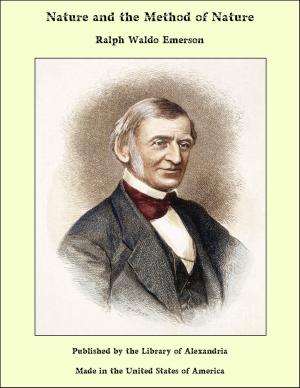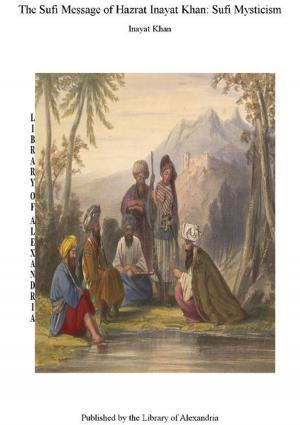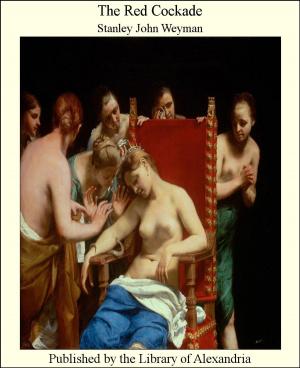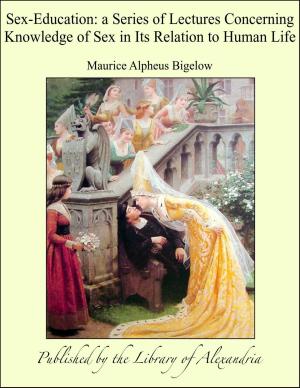The Paradoxes of the Highest Science
Nonfiction, Religion & Spirituality, New Age, History, Fiction & Literature| Author: | Éliphas Lévi | ISBN: | 9781465578716 |
| Publisher: | Library of Alexandria | Publication: | March 8, 2015 |
| Imprint: | Language: | English |
| Author: | Éliphas Lévi |
| ISBN: | 9781465578716 |
| Publisher: | Library of Alexandria |
| Publication: | March 8, 2015 |
| Imprint: | |
| Language: | English |
MANY paths lead to the mountain-top, and many and diverse are the rifts in the Veil, through which glimpses may be obtained of the secret things of the Universe. The Abbé Louis Constant, better known by his nom de plume of ÉLIPHAS LÉVI, was doubtless a seer; but, though his studies were by no means confined to this, he saw only through the medium of the kabala, the perfect sense of which is, now-a-days, hidden from all mere kabalists, and his visions were consequently always imperfect and often much distorted and confused. Moreover, he was for a considerable portion of his career a Roman Catholic priest, and as such had to keep terms, to a certain extent, with his church, and even later, when he was unfrocked, he hesitated to shock the prejudices of the public, and never succeeded in even wholly freeing himself from the bias of his early clerical training. Consequently he not only erred at times in good faith, not only constantly wrote ambiguously to avoid a direct collision with his ecclesiastical chiefs or current creeds, but he not unfrequently put forward Dogmas, which, taken in their obvious straightforward meanings, he certainly did not believe--nay, I may say, certainly knew to be false. It is quite true that, in many of these latter cases, an undercurrent of irony may be discerned by those who know the truth, and that in all the enlightened can sufficiently read between the lines to avoid misconceptions. But these defects, the ineradicable bias of his early training, the very narrow standpoint from which he regarded occultism, and the limitations to free expression imposed on him by his position and temperament, seriously detract from the value of all Éliphas Lévi's writings.
MANY paths lead to the mountain-top, and many and diverse are the rifts in the Veil, through which glimpses may be obtained of the secret things of the Universe. The Abbé Louis Constant, better known by his nom de plume of ÉLIPHAS LÉVI, was doubtless a seer; but, though his studies were by no means confined to this, he saw only through the medium of the kabala, the perfect sense of which is, now-a-days, hidden from all mere kabalists, and his visions were consequently always imperfect and often much distorted and confused. Moreover, he was for a considerable portion of his career a Roman Catholic priest, and as such had to keep terms, to a certain extent, with his church, and even later, when he was unfrocked, he hesitated to shock the prejudices of the public, and never succeeded in even wholly freeing himself from the bias of his early clerical training. Consequently he not only erred at times in good faith, not only constantly wrote ambiguously to avoid a direct collision with his ecclesiastical chiefs or current creeds, but he not unfrequently put forward Dogmas, which, taken in their obvious straightforward meanings, he certainly did not believe--nay, I may say, certainly knew to be false. It is quite true that, in many of these latter cases, an undercurrent of irony may be discerned by those who know the truth, and that in all the enlightened can sufficiently read between the lines to avoid misconceptions. But these defects, the ineradicable bias of his early training, the very narrow standpoint from which he regarded occultism, and the limitations to free expression imposed on him by his position and temperament, seriously detract from the value of all Éliphas Lévi's writings.















